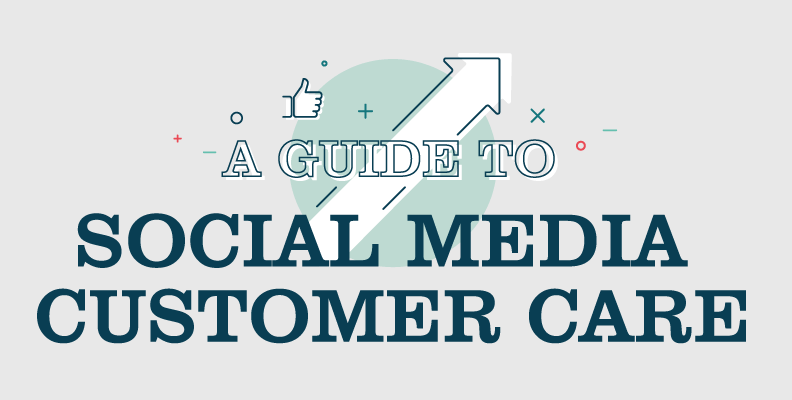How to Find a Professional Mentor
The trajectory for career growth often comes without a roadmap, which makes a professional mentor invaluable. The opportunity to learn from someone who’s been there, done that can be the leg-up you need to take the next step in your career. In fact, 93 percent of self-made millionaires can attribute their success to mentorship.
The challenge for many is finding a mentor, whether they don’t know how or can’t seem to find the right fit. Use the following tips to seek out the professional mentor you’ve been hoping to find. With specific needs in mind, a targeted strategy and confidence in yourself, you’ll find someone who can help you navigate the unseen path in front of you.
Identify Your Specific Needs
Mentorship requires dedication and a true desire to help from the person who agrees to take on this role. As such, before asking someone to be your mentor, determine what you’re looking to get out of this relationship and whether that person can be of service to your specific needs.
When sorting through your list of criteria, Idealist Careers suggests that you start by answering the following questions:
- Would you prefer someone local who can meet in person?
- Are you interested in learning about a particular industry or skill set?
- How much time are you hoping to invest in this relationship?
- Do you respond better to someone who is outgoing and boisterous or calm and soft-spoken?
- Are you looking for short-term guidance on a specific project or ongoing support in a career transition?
Once you work through these reflection questions, you’ll be one step closer to approaching a potential mentor with confidence and a better understanding of what the framework of this relationship will look like. This will help them decide if they’re a good fit for you as well.
Meet a Lot of People — Even If They Can’t Mentor You Now
Once you’ve defined the terms of your ideal mentor dynamic, you should be looking for the right match at industry events, networking meetings and even the grocery store. During this time, you’ll likely meet a wide range of people that aren’t exact matches.
Keep in touch with them instead of writing them off as a poor fit; these relationships may be valuable during another point in your career: “Focus on building a diverse group of individuals and surround yourself with the people who can help you reach specific business goals,” advises Ted Rollins, global entrepreneur.
He continues, “Commit to your purpose, and as these relationships grow, consider how they fit into that burgeoning ‘why.’ Someone could be more valuable in expanding your business, while another person might serve you best in a mentor role.”
As your career grows, so will your needs. The goal is to find someone who can meet your current career needs while building a rolodex of great connections who may be valuable later.
Consider the Person, Not Their Position
It might seem practical and even instinctual to gravitate toward someone who is high on the chain-of-command. Instead, focus more on the person’s character than how much influence they have. Regardless of their authority or prestige, if an individual does not exhibit both personal and business integrity, they may not be the best mentor.
Alexa von Tobel, founder of LearnVest and financial planning strategist, advises, “The quality of your mentors is important as a young individual in the workplace because it shapes your perspective on how work should be done… I’ve been blessed to have mentors who are incredibly honest, transparent and quality leaders.”
Look for Someone to Address Your Fears
Aversion to failure can keep you from stepping outside of your comfort zone and taking risks to advance your career. Yet the most pervasive fear among 1,000 people polled is failure, with 31 percent of respondents confessing to this fear. Luckily, the right professional mentor can help you move past the roadblock this presents and help you take steps in the right direction.
If fear is something you want to work on, look for someone who’s overcome great challenges to reach their current position. They know what it’s like to be afraid and challenged, which can be an asset in helping you push past your doubts and discomforts as well. The right mentor won’t allow you to remain immobilized and stagnant. Instead, they’ll motivate you toward boldness in spite of those fears.
Build a Reciprocal Dynamic
The most sustainable relationships offer mutual benefits to each person involved. Re-evaluate your motives for finding a mentor if they come across as too one-sided. Rather than placing the emphasis solely on what you can gain from a successful and experienced individual, think about how you might reciprocate the kindness.
Rajesh Setty, president of WittyParrot, explains: “In a good mentoring relationship, a mentor and mentee celebrate… the micro and macro victories they co-create together.”
A mentor will pour their time, effort and counsel into helping you succeed. If the relationship starts to become self-serving, your mentor may feel taken for granted.
Find Your Professional Mentor
Use these tips to guide yourself through the process of finding the best mentor for you. When you know what you need help with and remember that every person you meet may be helpful down the road, you’ll find a mentor while building a valuable network of successful individuals.






